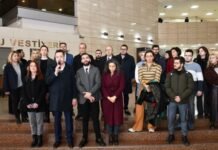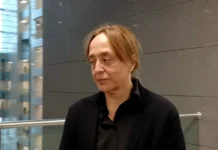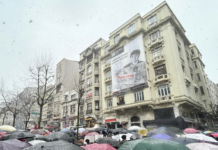In response to a parliamentary question submitted by Republican People’s Party (CHP) Istanbul deputy and human rights defender Sezgin Tanrıkulu, Turkey’s Ministry of Justice said torture allegations are investigated but failed to provide the number of prisoners who have filed torture and abuse claims.
The Justice Ministry answered Tanrıkulu’s question almost a year after its submission but in vague and general terms. “Periodic inspections are carried out by national and international independent organizations with or without prior notice. … Claims filed by inmates, civil society organizations or official or public human rights associations are meticulously reviewed and if, as a result of judicial or administrative investigation, any wrongdoing or negligence is found, the necessary steps are taken quickly and carefully,” reads the official answer.
Turkey is indeed party to several international conventions that have different review and inspection mechanisms such as the United Nations, the Council of Europe (CoE) and the Organization for Security and Co-operation in Europe. According to information published on the Turkish Ministry of Foreign Affairs website, the country is currently party to 16 UN human rights conventions and 121 of the CoE’s 225 conventions and has signed 31 other conventions.
Moreover, Article 90 of the Turkish Constitution stipulates that “In the event of a conflict between international agreements … concerning fundamental rights and freedoms and the laws due to differences in provisions on the same matter, the provisions of international agreements shall prevail.”
Yet, in the recent past the Turkish government has continuously disregarded the provisions of the constitution and failed to uphold its international obligations. For instance, Turkey has for four years blocked the publication of a report by a Council of Europe delegation that paid a fact-finding visit to Turkey in 2016 to investigate allegations of torture and ill treatment in Turkish correctional facilities.
Investigators with the European Committee for the Prevention of Torture and Inhuman or Degrading Treatment or Punishment (CPT) interviewed various individuals in prison and recorded their stories in a report that was compiled after the visit. However, the details were never made public because Turkey vetoed the publication of the report. CPT President Mykola Gnatovskyy stated in 2017 that even though he “[wanted] to discuss the findings,” he could not comment on the report due to Ankara’s decision.















